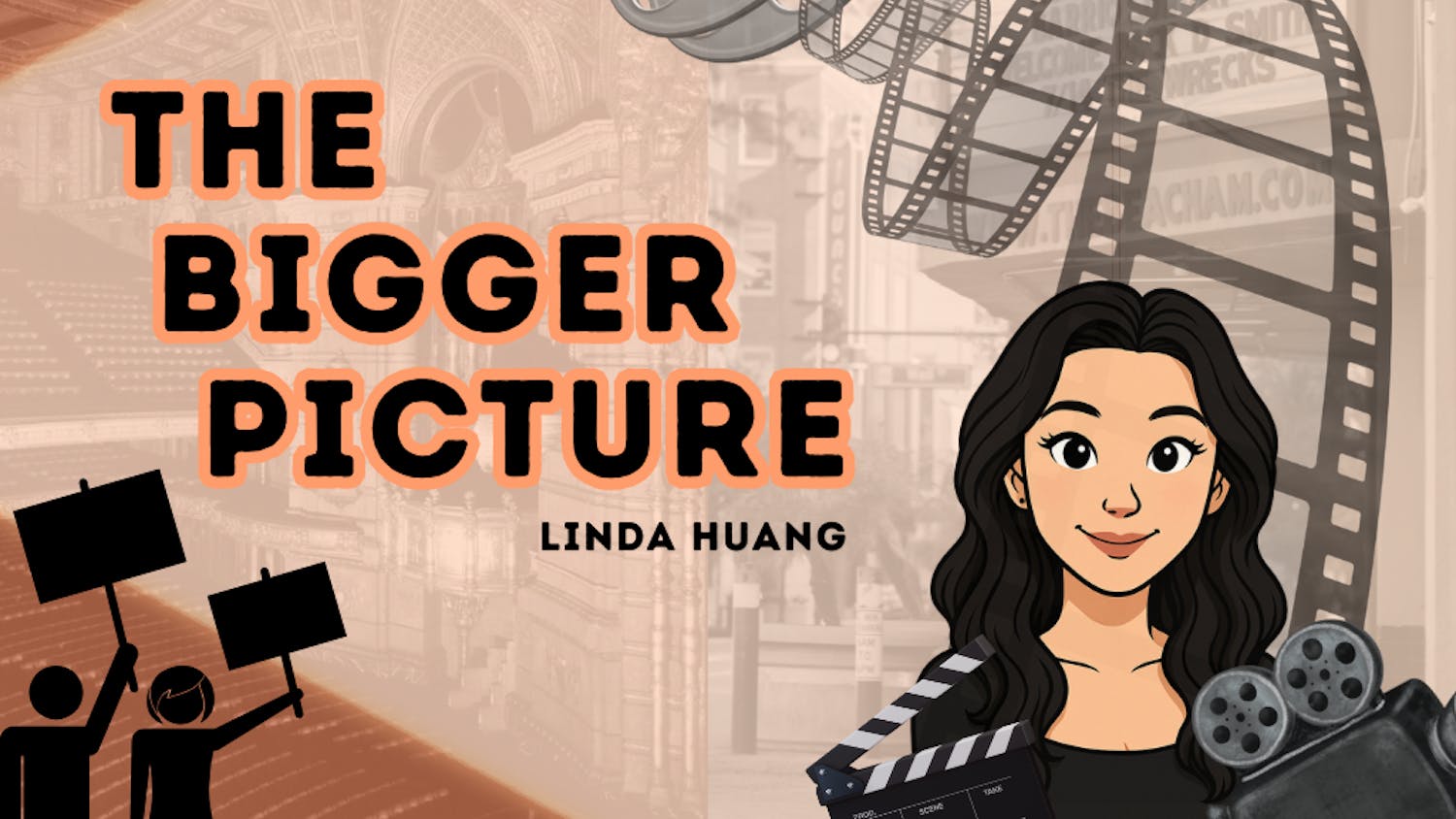In the midst of this second-wave snow storm, what’s better to warm the heart than a choir of harmonious pipsqueak voices singing America’s top 40 hits in perfect harmony? The ever-popular Kidz Bop franchise has released its highly-anticipated 27th album, surprisingly entitled “Kidz Bop 27” (2015). At first listen, the album may sound like a computerized chorus of pre-teens, but apparently there are four real kids behind the voices: Ashlynn, Grant, Matt and Brendia. The album covers recent top songs like “Shake it Off” (2014), “Rude” (2014) and “Problem” (2014).
Hearing egregiously childish voices sing about very adult issues, especially in popular songs that are overwhelmingly sexualized, is utterly hilarious. Of course there aren’t any explicitly bad words in the Kidz Bop lyrics, but the adult themes are still there, just broadcasted through the voices of auto-tuned children. Without paying attention to the lyrics, the slightly cute but mostly annoying voices conjure up montages of joyful children singing about flowers, sunshine and lollipops during a third-grade recess.
But, besides a few words edited here and there, they are still singing about adult issues. Hearing a child sing, “Can I have your daughter for the rest of my life?” or “Am I wrong thinking that we could be something for real?” is at first funny, then slightly uncomfortable.
At times, Kidz Bop’s clean lyric edits go hilariously wrong. In the original Grammy contender song “All About That Bass” (2014), Meghan Trainor sings, “I’m bringing booty back,” which apparently is not appropriate for innocent ears (even though the lyric is tightly tied to the song's arguably body-positive message). Thus the lyric on the Kidz Bop version has been changed to something that the first few times around sounds like, “I’m bringing anal back,” as Perez Hilton pointed out on his website. With a few more close listens and verified Google fact checks, it's revealed that the kids are actually singing “I’m bringing it all back.” But because the rhythm of the song doesn't flow as well with the edited Kidz Bop lyrics, the words end up garbled and, entertainingly enough, even more inappropriate than before.
Even when not misunderstood, historically the lyric changes are laughable. Listeners had high expectations after Kidz Bop 24 (2013) infamously changed explicit lyrics in Mackelmore’s “Thrift Shop” (2012) to “Whatup?! I got a hit song!”
Sadly, Kidz Bop 27 offers few giggle-inducing lyric changes. Boom Clap’s (2014) “first kiss just like a drug” was changed to “first look just like it was,” which doesn’t make much sense.
Of course, Kidz Bop probably started from a good place: creating “safe” music for kids to listen to that’s a step up from Humpty Dumpty and makes them feel like a “big kid.” But in a lot of ways, Kidz Bop epitomizes what’s wrong with the American pop music industry.
As if recycling another sugary, fabricated pop song and pumping it out onto the radio to the masses for quick consumption in the top 40s to make a quick buck isn't enough of a manufactured music overload, there’s Kidz Bop to take it over the top.
Recycled? They're essentially the same songs, plus or minus a few words. Sugary? They're more saccharine-saturated than your stomach on Valentine’s Day after a miserable solo binge of drug store chocolate -- but I’m not speaking from experience, of course. Kidz Bop capitalizes on making covers of pre-made cookie-cutter songs by churning out two full albums a year, plus Halloween and Christmas albums and a themed album in the spring -- in case one doesn't get their "Kidz Bop" fix from the two annual LPs.
So when you're having your weekly existential crisis and feel the urge to forget about your current problems by reverting to your childhood, know that it's best to resist the sparkle of a new and enticing Kidz Bop album and stick with a classic round of “Baby Beluga” (1980).
27th time around, Kidz Bop refuses to grow up

Summary
When you're having your weekly existential crisis and feel the urge to forget about your current problems by reverting to your childhood, know that it's best to resist the sparkle of a new and enticing Kidz Bop album and stick with a classic round of “Baby Beluga” (1980).
1 Star





